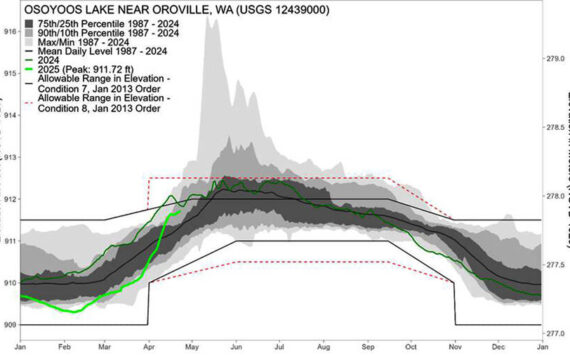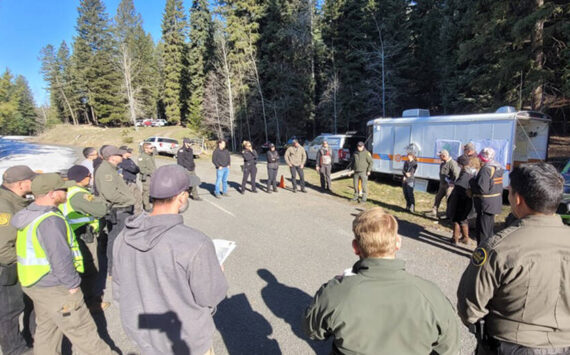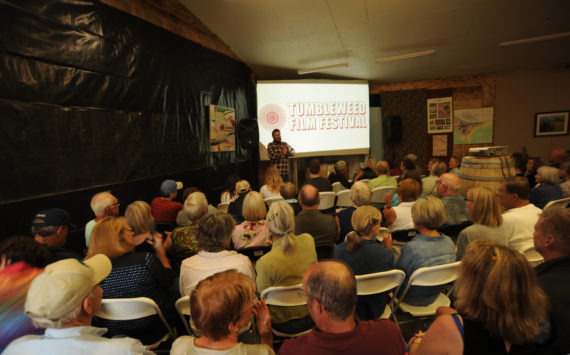Time to prevent eminent domain abuse in Washington State
Washington State Attorney General Rob McKenna made an important announcement in mid-January. After two years of meetings, his Eminent Domain Tax Force is ready to ask legislators to pass two bills that could help to protect property owners from abuse of the eminent domain laws that allow local governments to take property for whatever use they deem they need it for.
The law says that property can be taken for use for the “public good” like for public parks and roads. In recent years, eminent domain has been used to take property for all sorts of things that many of us might not consider a public good. One of the more famous cases took place in 2005 and had New London, Conn. taking someone’s private property to give sell to a developer who was putting up a shopping center because it would generate tax revenue. The ruling stood up in the Supreme Court and the case generated critical reaction from all over the United States.
As states scrambled to see if their laws offered protections against abuses such as the case above, Washington found out it had little if no protection for its private property owners. In his press conference the two bills being pitched by AG McKenna and his Task Force are:
HB 2425 / SB 6200 “Prohibiting the use of eminent domain for economic development” limits government from condemning property without a legitimate public use. This is a bill that is intended to restore the damage done by the U.S. Supreme Court’s 2005 Kelo vs. New London Decision. 
 HB 2423 / SB 6199 “Modifying the Community Renewal Law” remove ambiguous language related to “blighted areas” and other loopholes in the Community Renewal law.
Scott Roberts, Property Rights Director at the Evergreen Freedom Foundation, a conservative think tank that was represented on the Task Force, says the proposed legislation is great for property rights in Washington, but adds the AG is late to the party as 43 states have already enacted eminent domain reform since the Kelo decision in 2005.
Perhaps the closest thing I can think of that should have caused equal outrage took place in Seattle and involved the much troubled Seattle Monorail Project. The SMP “agency was using its governmental powers to take advantage of some property owners, condemning more land than they need to build the initial Green Line” writes Sandeep Kaushik in the Stranger, a Seattle-area alternative newspaper.
“In fact, the owners claim — not without reason — that SMP is engaging in an unethical, and perhaps illegal, land grab. The affected properties are likely to rise in value when the project is finished, and SMP could then sell them off to private developers at a hefty profit.”
So property owners in Washington State aren’t immune from these kinds of abuses. Whether McKenna and the Task Force are late to the party or not, the legislature needs to act now to pass comprehensive legislation that would prevent anything like Kelo vs. New London from ever taking place here in Washington State where decisions about property don’t always seem to be just for the “public good.” 






